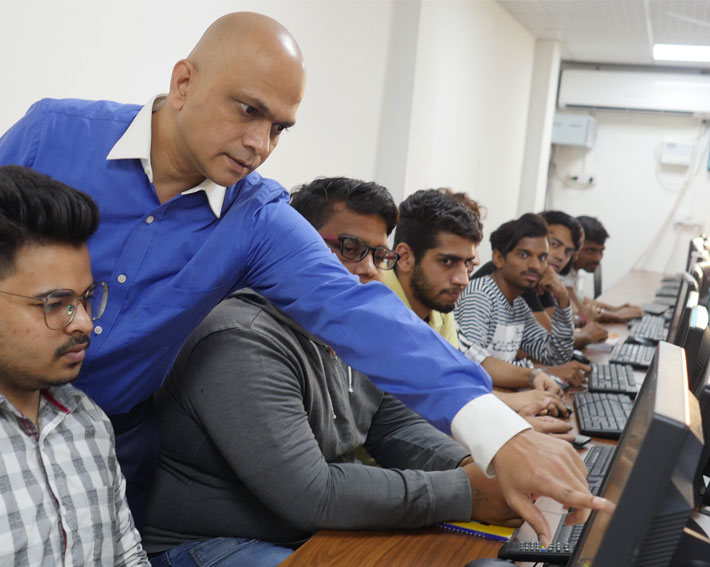How to Join a Proprietary Trading Firm in India
Proprietary trading in India happens across different themes through various financial institutions. Gaining entry into these competitive firms requires showcasing key qualifications. This guide outlines the steps to take your trading skills to the next level and improve your chances of securing a position.
Developing a Strong FoundationPermalink
To begin, acquiring the proper education lays the groundwork. A finance, economics or mathematics degree provides fundamental market insights. However, practical experience through internships or simulated trading platforms equally counts. Refine analytical abilities by studying equity research and financial statement analysis. For fundamental strategies, demonstrate a broad market understanding plus macroeconomic news tracking.

Advancing Your Trading TechniquesPermalink
Trading firms seek candidates with proven trading success. Practice and optimize chosen strategies on demo accounts. Enter trading competitions to showcase skills. Consider finding a mentor to refine methods and receive feedback. Specializing benefits - focus on areas like derivatives trading or algorithmic systems. Quantitatively-inclined roles require strong programming or mathematical skills.
Expanding Your NetworkPermalink
Connecting within the industry exposes openings and boosts candidacy. Attend trading conferences to make contacts. Join relevant online forums to learn and assist others. Follow industry thought leaders on social media. Maintaining an active network widens access to hidden opportunities.
Strengthening Your ApplicationPermalink
When prepared, search firm websites and job boards for vacancies. Tailor each application highlighting credentials. Discuss specific trading strategies employed and quantify success metrics. Provide examples of managing drawdown risk and demonstrate ongoing development. Interviews probe knowledge depth so thoroughly researching the firm helps impress.
Adapting to Intensive Screening ProcessesPermalink
Competition for roles remains fierce given the talent pool. Firms meticulously evaluate all backgrounds. Display exemplary communication skills and problem-solving aptitude during interviews. Convey a strong work ethic and passion for markets. While it may take trials, persistence and portfolio growth over time opens more doors. Accept feedback graciously to continually sharpen abilities.
The Importance of Starting With Adequate CapitalPermalink
Undercapitalization remains a common pitfall, so properly budgeting proves vital. Total monthly fixed costs including salaries, rents and software shouldn’t exceed 3-5% of capital. For example, with ₹18 lakh annual expenses, the minimum starting capital amounts to ₹3.6-6 crore. Leverage levels must also align with the chosen strategy - pair trading allows more versus short-term systems. Maintain sufficient liquidity as markets fluctuate unexpectedly.
Gaining an Extra Edge With a Support SystemPermalink
Emotions run high in live trading. Having an experienced second opinion prevents irrational decisions borne from stress. Even if remotely, interacting with fellow traders generates new trade concepts while keeping each other accountable. Solo ventures amplify risk compared to group settings where multiple minds brainstorm. Consider starting a proprietary trading group and expanding it over time.
Continuing the Learning JourneyPermalink
Securing entry presents just the beginning. Ongoing education and experimentation separates successful traders. Review past trades to enhance the framework. Test novel strategies on paper before deploying capital. Attend industry seminars covering emerging trends. Subscribe to reputed publications and websites tracking global macro developments. View each experience as a chance to improve and progress closer towards the goal. With dedication and resilience, prospective traders can ultimately realize their ambitions.

